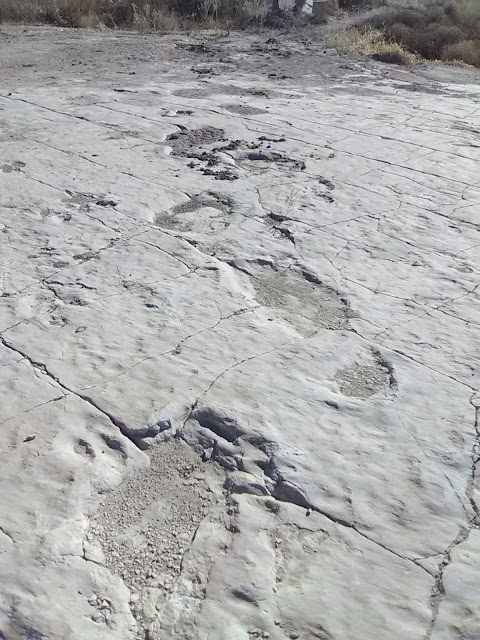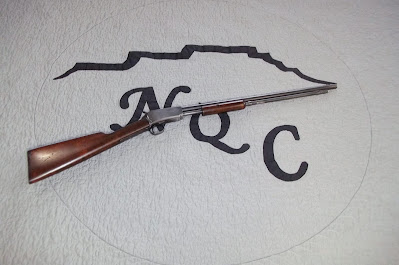As I had planned last week I have been a busy little elf in the studio creating some special WOW gifts for our church's Operation Christmas Child shoe boxes.
✔ I will be making items for the Operation Christmas Child shoeboxes... I have fabric pulled to make shorts for little boys and skirts for the girls.
As it turned out, I have had extra time... let me explain.
On Thursday we received a message stating that our son-in-law had reported for his mandatory bi-weekly covid test on Monday. The results revealed a positive. Ummm... we had just delivered the kiddos home on Sunday night, so in reality, there was a very real chance that one of the grands could test positive as well. For the sake of others, we have been self-isolating until all test results are in.
Am I concerned for my health? Not really. Our daughter (the Momma of those sweet children) was sick 12 months ago. Really, really sick with a bronchial infection and flu like symptoms that antibiotics and steroid treatments did nothing to help.
It became our suspicion in March and April that she had the virus pre-pandemic. Our suspicions were proven to be true when she donated blood in May after they started testing for the CV-19 antibodies to make convalescent plasma to use as treatment for covid positive patients... her donation was positive. Meaning... the kids, who had also been slightly ill at the same time as her, have also already been exposed.
**UPDATE** All tests for the grands and their Momma were negative. Our son-in-law still has no symptoms. We all good!
None the less, out of respect for those that fear a possible exposure we have been home since receiving the news.
As of Monday morning, I have 6 pairs of shorts for boys and 16 skirts for girls of various sizes and colors. I grew bored with skirts and moved on to making 12 hair scrunchies - using the last of the small elastic that I had in my stash.
Up next are infinity scarves and light/sheer/frilly scarves for little girls.
What else have I done?
✔ Something else... not sure what, but surely there will be something that captures my attention!
I had made a large shopping trip prior to the news of our son-in-law's test results with plans to prep crockpot freezer meals. I have 16 meals ready for the making allowing ample opportunities for some No Guilt::Go Quilt days in my future!
I haven't had any new recipes for some time. I have not tried this Chicken Curry recipe, mostly because I don't care for curry, but the reviews on it were good, and there may be readers out there that have different tastes that myself.
✔ I filled an order for three therapeutic rice bags for a customer... Each bag has a flannel cover that is machine washable for sanitary purposes. :)
✔ I did some deep cleaning... woohoo (spoken in an unenthusiastic tone with an eye roll)
And now... for the celebration and give away! A few weeks ago I was doing some updating of the blog (did you notice I created a tab at the top for the Pieces From The Past Sew Along?) and I saw that I was approaching 500 posts. I reflected back to when I started the blog in 2013 and how my quilting skills have improved, and how the writing and content of my posts have morphed into story telling. No need to go looking... I'm actually a bit embarrassed... but it is our past that shapes and makes us who we are today.
In clearing out some old pattern books I came across this little gem featuring some fun, folk-art type patterns featuring wool, flannel and plaids. If there is one thing I have learned through the Pieces From The Past Sew Along, it is that the choice of fabric style and colors bring new life to something vintage making it modern and new!
I personally lean toward this kind of primitive/traditional but I have learned from many of you that bright and bold can be just as fun.
I can already envision that sampler wall hanging with bright colors indicative of the Northern Lights with big stitch quilting. So, for a chance to win this pattern book, leave a comment by November 8th 11:59 p.m. (MST) on how you found my blog and how you follow me...
Be sure to leave an email address if you are an anonymous or no-reply commenter so that I can contact you. fyi, I do not have a mailing list nor will I sell your contact info to anyone. Your privacy is respected here...
My apologies, but the winner must have a US mailing address.
Piece Happy!
Melva
that features vintage Kansas City Star quilt blocks!
Linking with:
















































